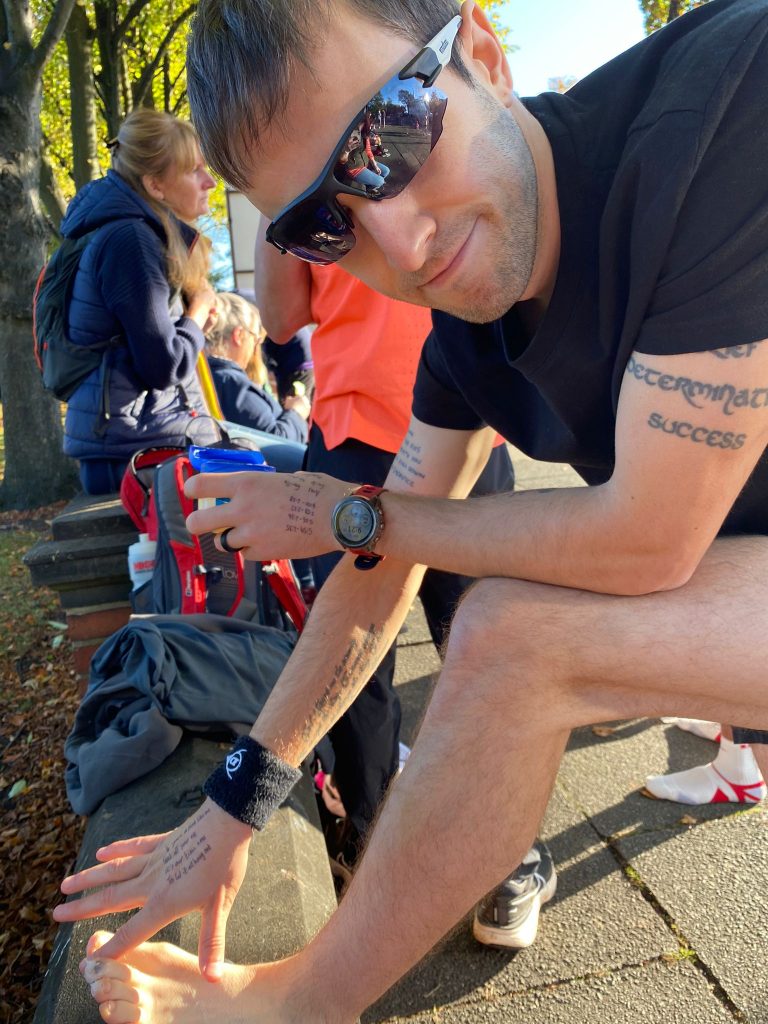Not every run is going to go all that well. Some will be down-right terrible by some metrics, but that doesn’t mean they aren’t useful. With the right mindset of growth and development, they can be the best lessons you have.
What can you learn from a bad run?
First and foremost, it’s an opportunity to realise that a bad run isn’t the end of the world. It might feel a bit pants at the time, and be frustrating, but as I’ve mentioned in numerous blog posts, this is our hobby and meant to be fun. Take it seriously by all means, but not at the cost of enjoyment.
Analyse bad runs
With sports watches, apps and even wearable devices like the Garmin Running Dynamics Pod, you can get enormous amounts of data to tell analyse and interpret. By looking at stride length, heart rate, temperature, wind speed, pacing and paying attention to general energy levels and hydration, you can often figure out quite easily, why things didn’t go to plan.
It’s not always complicated, sometimes you were just a bit too ambitious. That’s no bad thing. If we never push ourselves, we never find the boundaries of what we can do.
Keep pushing… to a point
On a bad run, there a point where you need to try and push as much as you can without crossing over into the territory of over-doing it. Knowing where this line is can be key to long-term success as when done right, it gets the best out of you when you feel your worst.
You can gain a lot of mental resilience and confidence from continuing as best you can when things don’t quite work out. This will really serve you when it comes to chasing down your PB, sometimes enabling you to still reach new heights despite harsh weather or a hard course.
Keep a training diary
The more information you note and review, the better you can adapt. The IT industry, especially software firms and some manufacturing companies like Toyota, are renowned for keeping detailed logs and holding reviews of these at the end of a project, and throughout.
If we apply the same principles, we can figure out what external factors may have a role in causing or contributing to less successful runs. The previously mentioned lack of sleep, plus dehydration, nutrition that isn’t supporting you or just too much training volume (miles, time, intensity or lack of recovery) can all play a part in these bad days at the running office.
Bad runs will happen. Know that you’re in control still. You just need to take action to find and change the cause where possible, if you want to reduce the occurrence of these sessions which can otherwise really knock your confidence and enjoyment of this beautiful and transformative sport.
Written by Kyle Brooks, Running Coach based in Norwich, Norfolk







